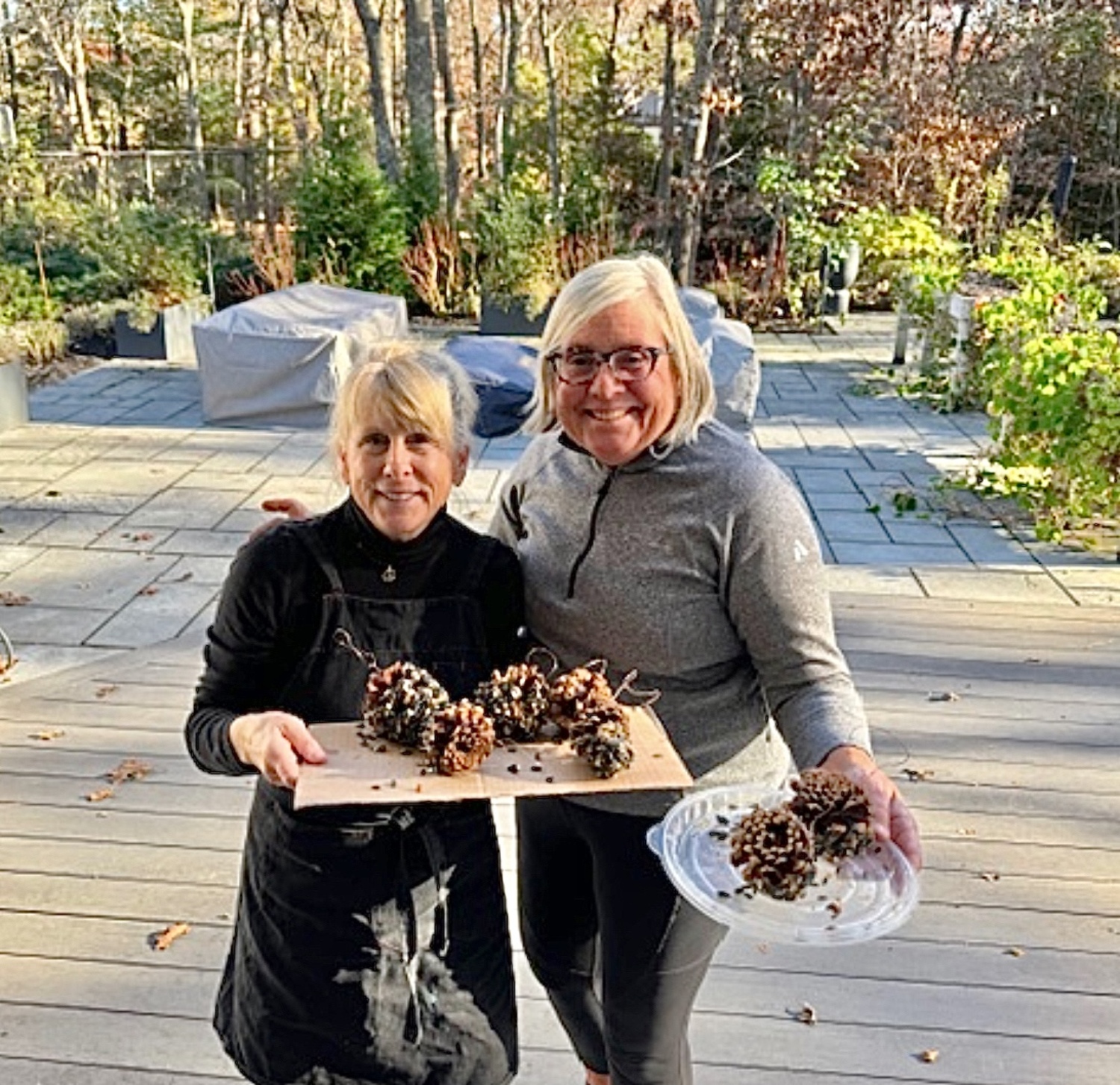
The holidays are here, a time for visiting family and friends, giving presents, eating special meals and celebrating the season. However, this is also the time of year when consumer consumption reaches its peak, which means, in addition to being joyful, it is also the most wasteful.
Household garbage in the United States tends to increase around 25 percent just in the weeks between Christmas and New Year’s Day, according to the Environmental Protection Agency. And that does not include all the important holidays in the month of December such as Hanukkah and Kwanzaa. So before we immerse ourselves in holiday cheer, let’s look at what we can do reduce that number and conserve water. What better time to get started on our good intentions for our environment in 2025!
Let’s first consider Christmas trees, decorations, and gift wrapping. Artificial trees may be more convenient in some ways, but having a real holiday tree is a gift for the environment. A real tree creates oxygen and removes carbon from the atmosphere as it grows and can be recycled once it’s dead. It can be made into mulch or left outside to become a habitat for wildlife over the winter. Artificial trees are typically made of plastic and metal that will become landfill when no longer useful and leach out toxins for decades.
Many tree decorations, such as fake snow and tinsel, are made of noxious chemicals. Plastic ornaments, printed wrapping paper, and many other holiday items are not recyclable and clog our dumps at the end of the season. We can do our part by using ornaments made of glass, ceramic and natural materials.
Make the switch to plain white paper, newsprint or brown paper for wrapping gift packages. It’s lots of fun to get creative decorating paper using ribbons, colored pencils, leaves and berries. A reusable paper bag also works well. It’s a great feeling to know that after all the presents have been opened the pile of paper is going to be recycled.
As for presents, there are many new trends in gift giving. You can give an experience, make or bake a gift, thrift shop for items you can repurpose as gifts or regift some of your own possessions. Seeds from a favorite plant will delight a fellow gardener. Ideas that seemed unacceptable just a few years ago are now viewed as being responsible.
In the kitchen, begin the habit of composting leftover vegetables, grains and fruits. Make a commitment to stop using plastic wraps and switch to longtime-use food covers and glass food containers for leftovers. A pitcher of filtered water can replace the plastic bottles that plague our environment.
And then there’s the dishwasher. “I think it’s generally recognized that washing by machine involves less water,” says Ed Osann, a water efficiency project director for the Natural Resources Defense Council.
The Department of Energy sets standards that a full-size dishwasher can use no more than 5 gallons of water per cycle, and a compact dishwasher no more than 3.5 gallons. Heating water requires energy, so using less water also translates to saving money.
For those in the habit of washing by hand, Osann recommends filling up a large pot to wash in, rather than letting the water run constantly.
The feeling of goodwill toward our fellow humans grows strong at this time of year, and extending that feeling to our planet is a gift that benefits all of us. Happy holidays from the Westhampton Garden Club!
Marissa Bridge is a member of the Westhampton Garden Club Conservation Committee.